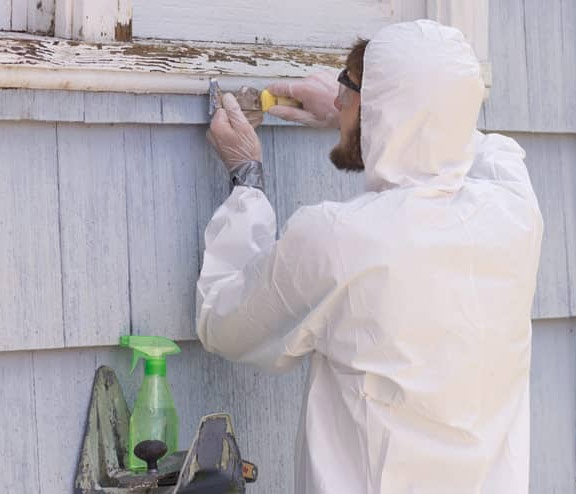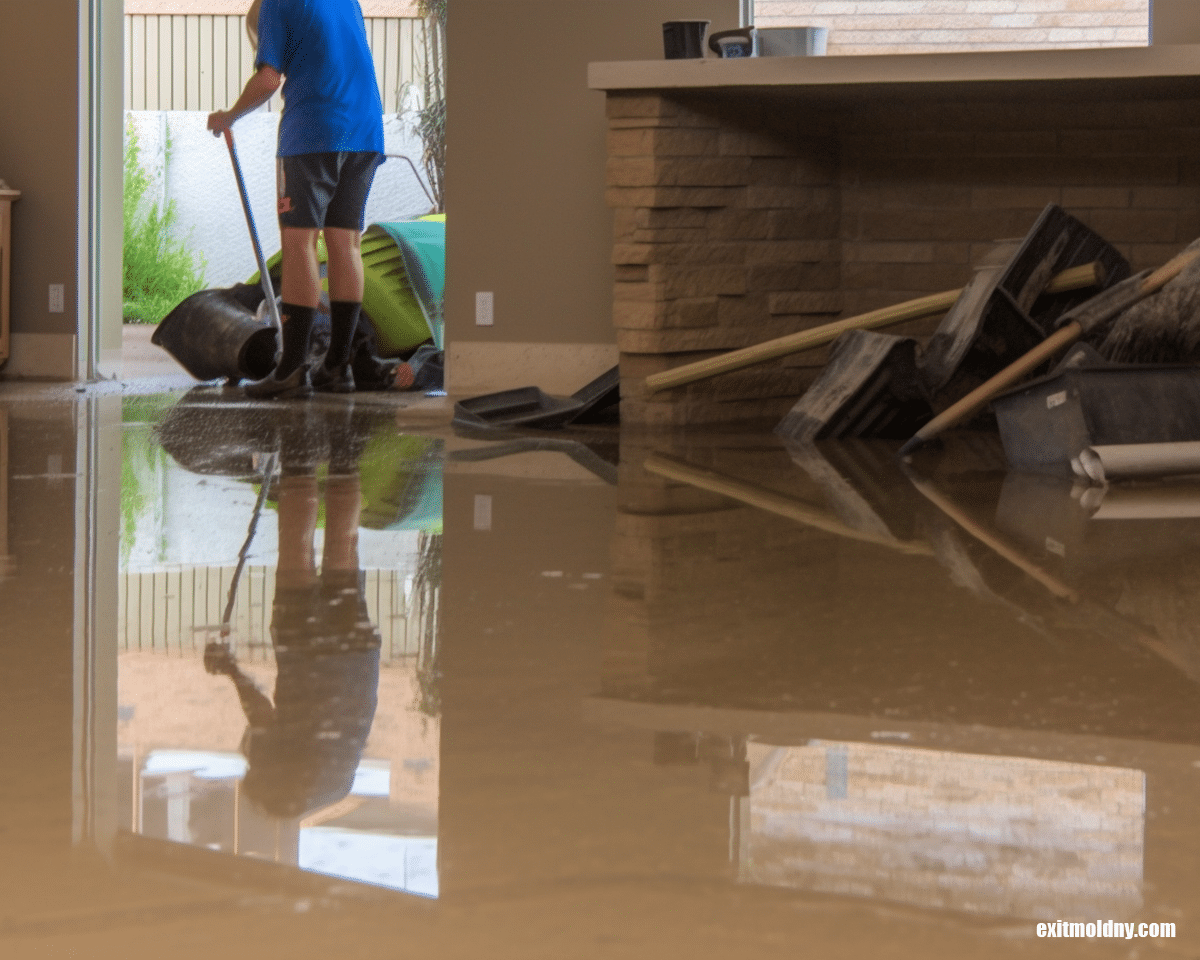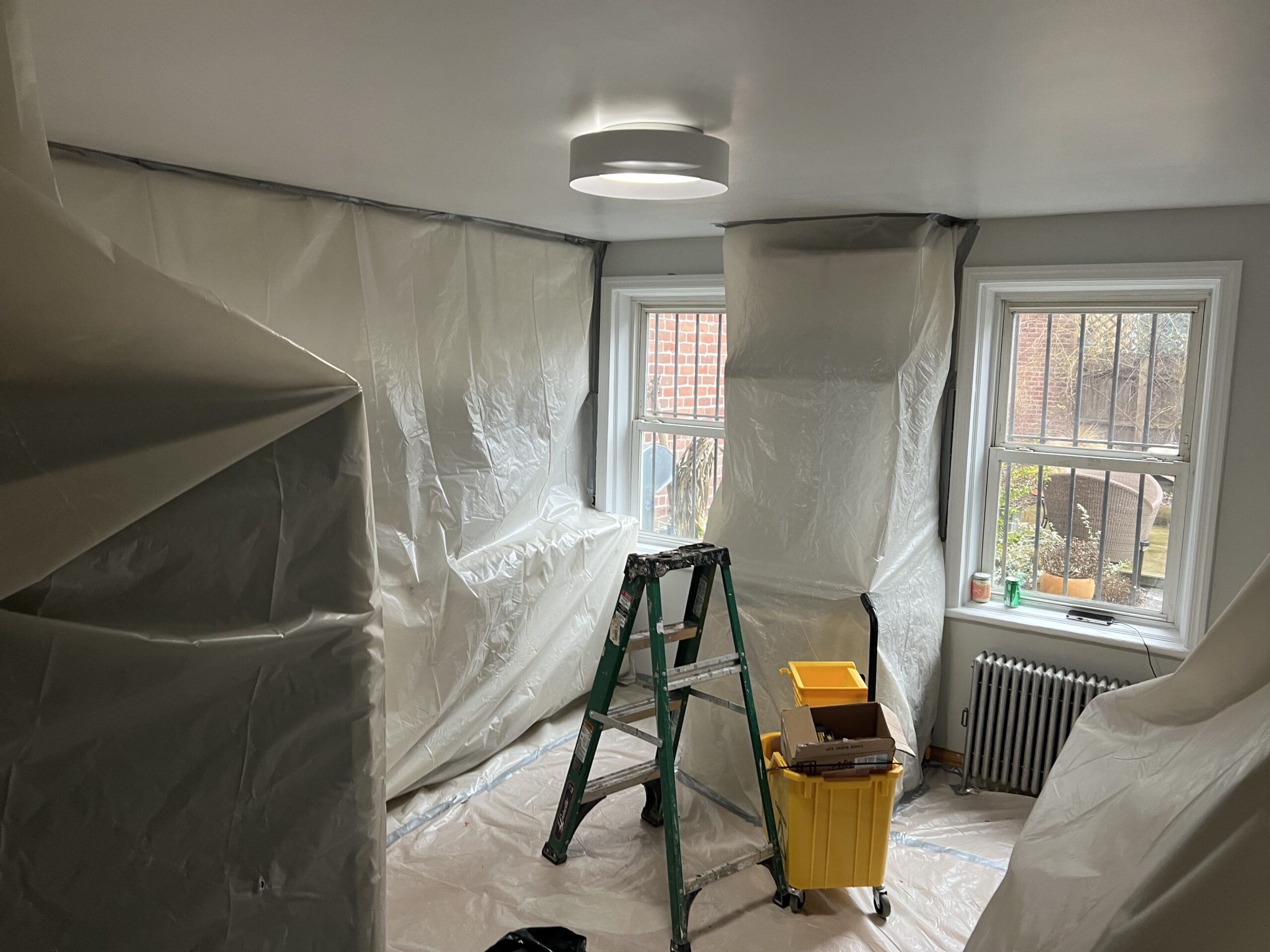Ideal Practices for Guaranteeing Safe and Detailed Lead Infraction Abatement
Resolving lead violation reduction calls for a multi-faceted technique to make certain both security and compliance. First assessments utilizing innovative discovery methods such as XRF analyzers set the phase for a precise understanding of contamination levels. Integrating proper containment methods, consisting of airtight barriers and HEPA filtering, combined with using individual protective equipment (PPE) for workers, develops the foundation of a protected operation. Careful cleaning methods, featuring HEPA vacuuming and wet-wiping, are essential. It's the final clearance process, involving comprehensive evaluations and lab testing, that really validates a lead-free setting, making sure lasting safety and security. Just how do these techniques adjoin to ensure extensive lead abatement?

Preliminary Assessment
Performing a preliminary assessment is an essential primary step in lead offense abatement. This stage includes a comprehensive evaluation of the property to determine the presence, degree, and specific places of lead-based hazards. Certified professionals, such as licensed lead inspectors or run the risk of assessors, need to perform a comprehensive website evaluation, making use of tools like X-ray fluorescence (XRF) analyzers to precisely spot and determine lead concentrations in paint, dirt, soil, and water.
The analysis has to likewise include a review of the structure's background, previous records, and any type of issues or health concerns reported by passengers - Lead Removal Contractors. Documenting the searchings for meticulously is essential, as these records create the basis for developing an effective abatement technique. A comprehensive analysis likewise involves sampling and research laboratory evaluation, which are important to confirm the presence of lead and guide succeeding activities
Additionally, it is necessary to connect the outcomes transparently to all stakeholders, consisting of homeowner, occupants, and regulatory authorities. By guaranteeing that the first analysis is carried out with accuracy and rigor, specialists can lay a strong structure for a targeted and reliable lead abatement procedure, ultimately guarding public wellness and making sure conformity with governing standards.
Correct Control
Correct control is important to avoid the spread of lead pollutants during reduction tasks. Effectively handling containment reduces the danger of lead dust and particles migrating to non-work areas, thereby guarding both the setting and people outside the instant work zone. To accomplish appropriate control, a closed barrier of plastic sheet need to be developed around the work area, guaranteeing all seams and edges are firmly secured. Lead Removal Contractors. This barrier should prolong from flooring to ceiling and be taped down to stop any kind of leaks.

Normal assessments of the containment location are needed to look for violations or weaknesses in the here obstacle. Any type of determined concerns should be immediately addressed to maintain the honesty of the containment. By adhering to he has a good point these methods, reduction projects can efficiently control lead contamination and alleviate involved health and wellness threats.
Employee Security
Guaranteeing employee defense is extremely important during lead reduction jobs to protect against work direct exposure to hazardous lead particles. Essential procedures include making use of personal protective tools (PPE) such as respirators, gloves, and full-body fits specifically made to block lead dust and fumes. Workers must undertake comprehensive training on the appropriate usage and maintenance of PPE, consisting of in shape screening for respirators to make certain maximum efficacy.
Engineering controls, such as local exhaust ventilation systems, are important in decreasing air-borne lead focus in the job setting. Management controls should also be implemented, including limiting the duration of exposure and revolving employees to lower specific direct exposure times. Normal clinical security and organic tracking are vital for very early detection of lead absorption, allowing timely intervention and therapy.
In addition, developing a purification method is crucial. Workers should follow stringent purification treatments before breaks and at the end of their shift to stop lead dirt from being brought outside the work area. This consists investigate this site of detailed hand and face cleaning with lead-specific cleaner and altering out of contaminated garments.
Precise Clean-up
Maintaining a secure work atmosphere prolongs past worker protection and incorporates careful clean-up to ensure lead fragments are completely removed from the website. The process of meticulous cleaning is vital in avoiding the recontamination of the abated location and protecting both existing and future residents.
To achieve a thorough cleanup, all workspace have to be systematically sanitized. This involves the usage of specialized HEPA (High-Efficiency Particulate Air) vacuum and wet-wiping techniques to catch and get rid of fine lead dirt that may have decided on surface areas. It is necessary to clean all straight surface areas, including floorings, home window sills, and counter tops, along with vertical surfaces that might have trapped lead bits.
Employees must use ideal personal protective devices (PPE) throughout cleanup to prevent direct exposure to residual lead dust. Made use of cleansing materials such as wipes, sponges, and mop heads must be dealt with in accordance with contaminated materials disposal regulations.

Last Clearance
Final clearance is the important ending stage of lead abatement that identifies whether the website is secure for reoccupation. This critical step includes thorough inspection and testing to verify that all lead risks have actually been properly removed. The procedure begins with a visual evaluation by a licensed lead-based paint examiner or threat assessor to make certain no noticeable dirt or particles continues to be. This is adhered to by collecting dust wipe samples from various surfaces, including floors, windowsills, and other horizontal surfaces. Lead Removal Contractors.

Last clearance testing not only shields future passengers but additionally makes sure compliance with local, state, and government policies. Moreover, it acts as a documented recognition of the abatement contractor's adherence to sector best techniques. Making certain a complete and successful last clearance is vital in safeguarding public health and wellness and fostering depend on in the abatement procedure.
Verdict
Making sure secure and extensive lead infraction reduction requires a multifaceted technique including first analyses with sophisticated detection approaches, efficient control techniques, rigorous worker security methods, and meticulous clean-up treatments. The final clearance phase, featuring thorough inspections and lab screening, is crucial to verify conformity with EPA criteria. Adherence to these best methods ensures a secure setting for occupants, reduces health and wellness threats, and upholds regulatory requirements, thus advertising public wellness and safety and security in lead-affected locations.